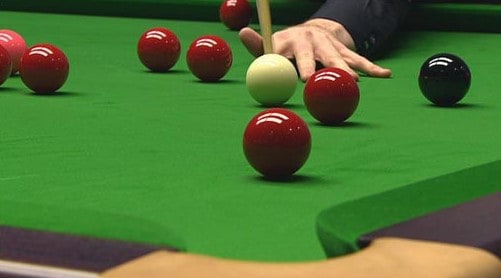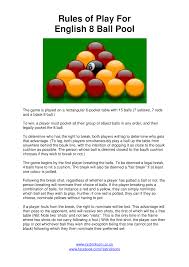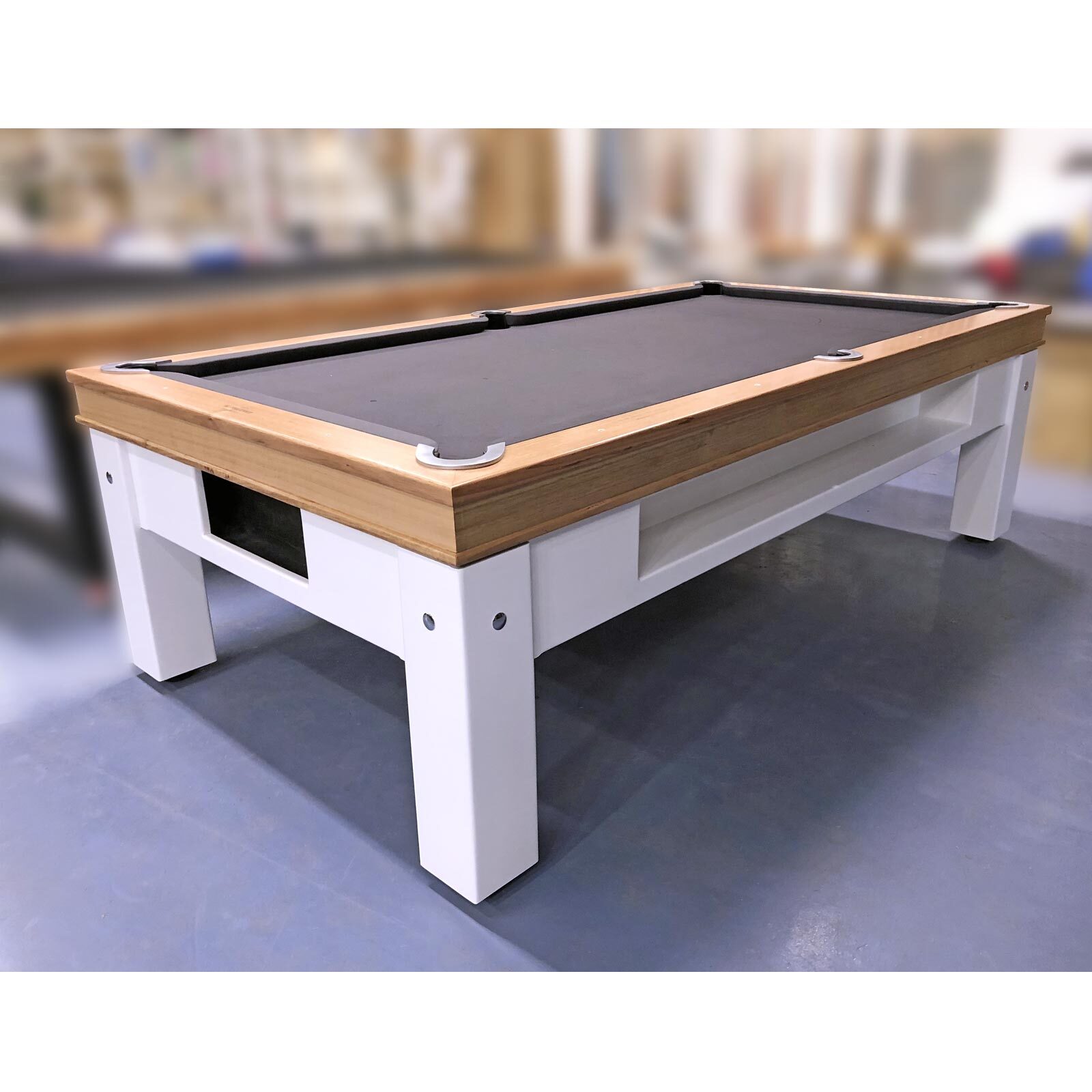
You will need to determine the size of your pool table to play, whether you're looking to start playing or simply want to upgrade. There are many sizes available, so make sure you choose the one that suits your needs.
Measure the space where the pool table will be placed. The room's length and width will need to be measured. This is called the minimum room size. Now you will need to subtract your furniture from the room size.
Once you have an idea of the space, you can calculate how big a pool deck you will need. The standard sizes for pool tables are 7, 8, and 9 feet. These are what most people use. There are also specialty tables. You can even find smaller tables made for children. Mini tables can also come in three- or four-foot lengths. These are great for learning the game with children.

A regulation-sized table is necessary for serious pool players. These are often found in bars and pool halls. Most leagues consider a nine-foot table standard for tournaments. It's a great size for professionals who want to compete. It is an expensive investment so it is important to research.
The length of your cues is another thing to be aware of. How you shoot is affected by how long your cues. A longer cue will make it difficult to hit a shot for break. There are some "shorty Cues" available that can be used in 36, 48 or 52 inches. These short cues not only make it easy to get around obstacles, but are also great for children's pool tables. You can also purchase "troubleshooter", which are short cues that feel exactly like full size cues.
The cue length is very important when it comes to purchasing a pooltable. Longer cues make it easier for younger players, while shorter cues are better for adults who are taller. The length of your cues will affect how smooth you can shoot. It can be difficult to take a break shot if you have longer cues. But, shorter cues are more efficient and can get around any obstacles.
A larger table will require longer shots. It will also put more control in your hands. A larger table will also require more skill and can be more challenging to maneuver. This will make the competition even more thrilling. However, a larger table does require more space. A bigger table makes it easier to make errors. A minimum of seven feet is the ideal length for beginners.

If you're looking for the perfect pool table for a bar, or pub, a seven-foot table might be the best choice. These tables are also popular in North American amateur leagues.